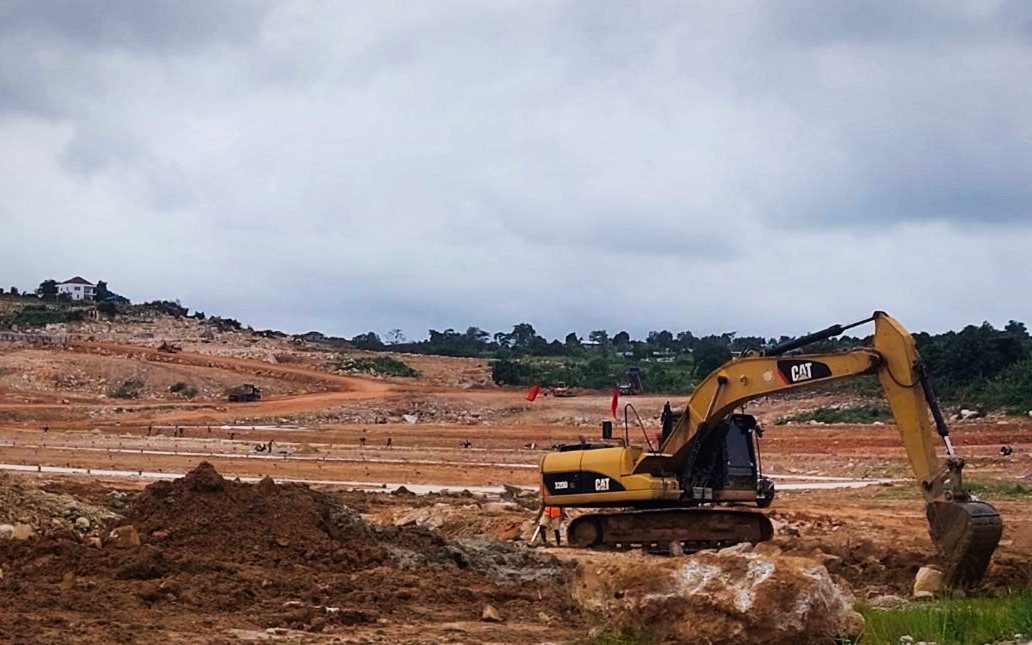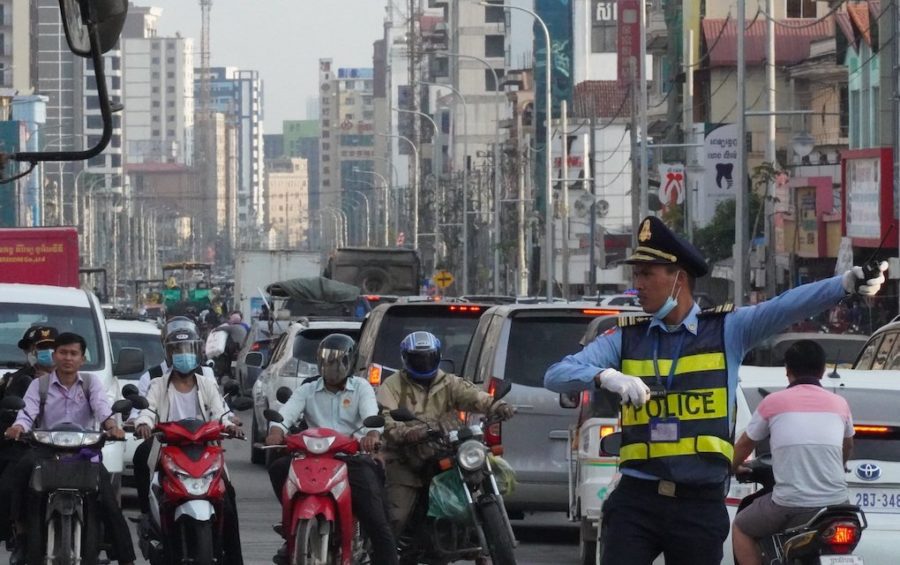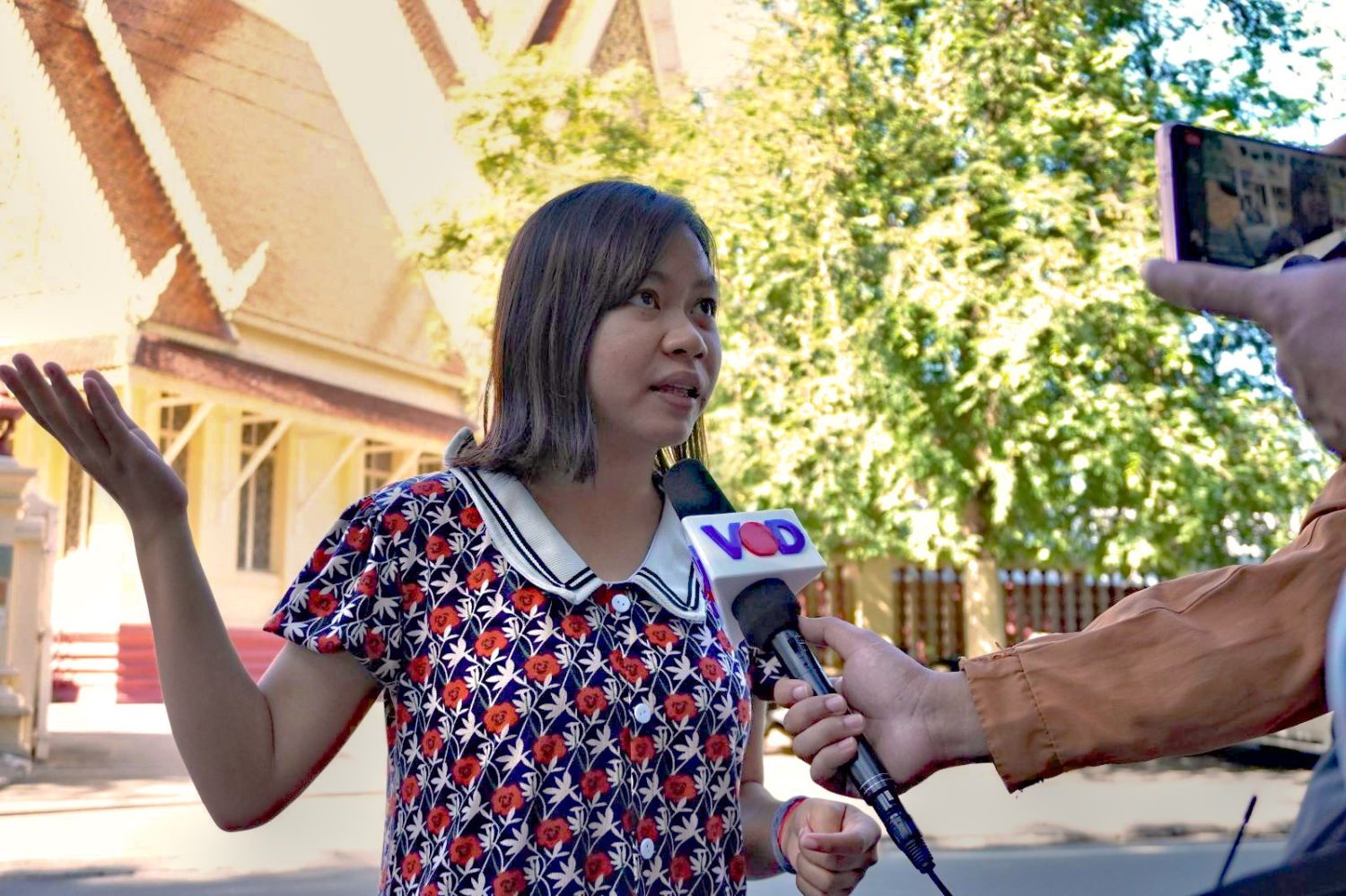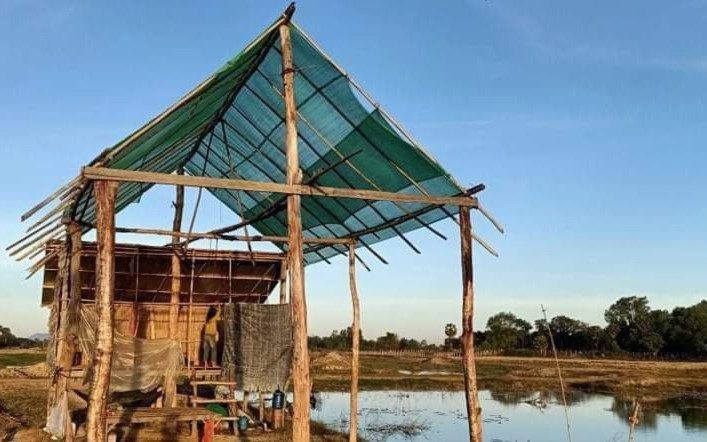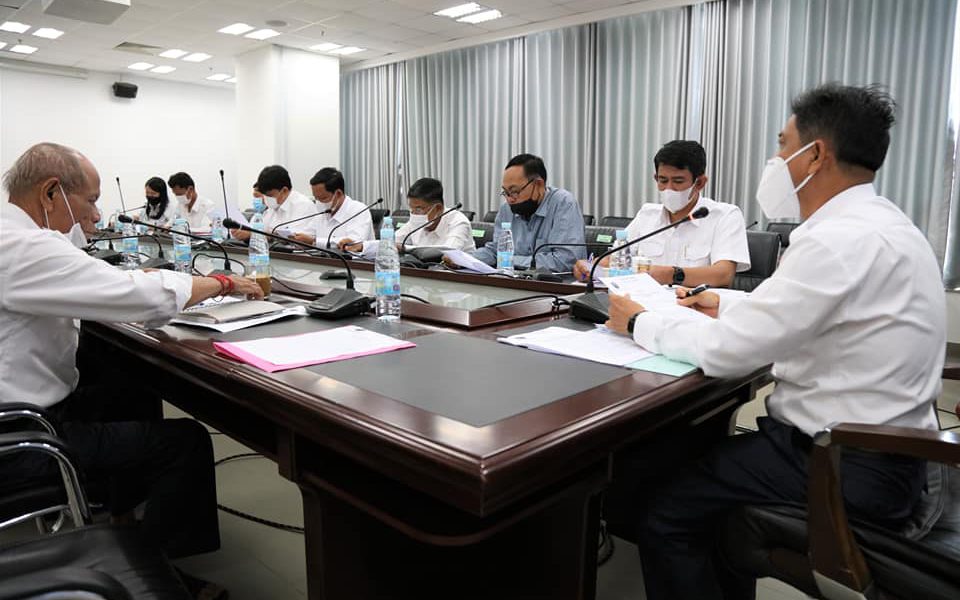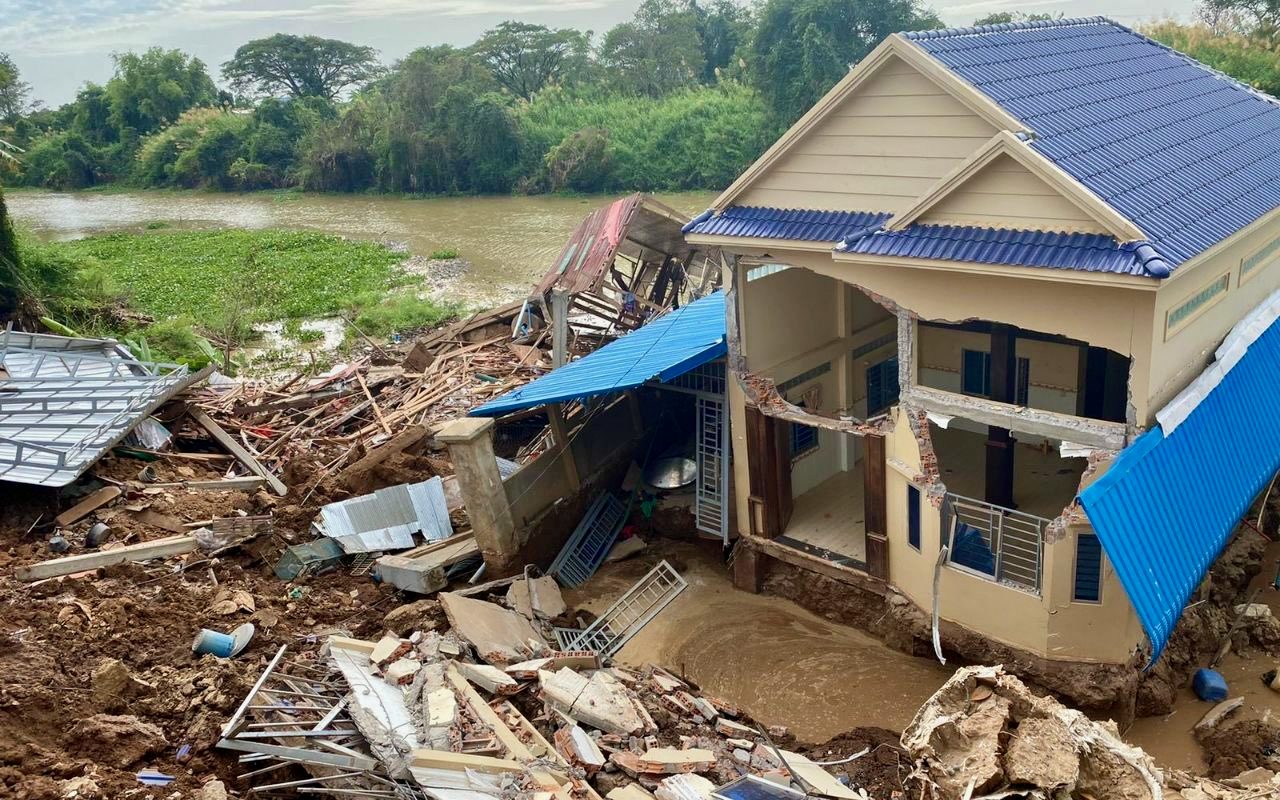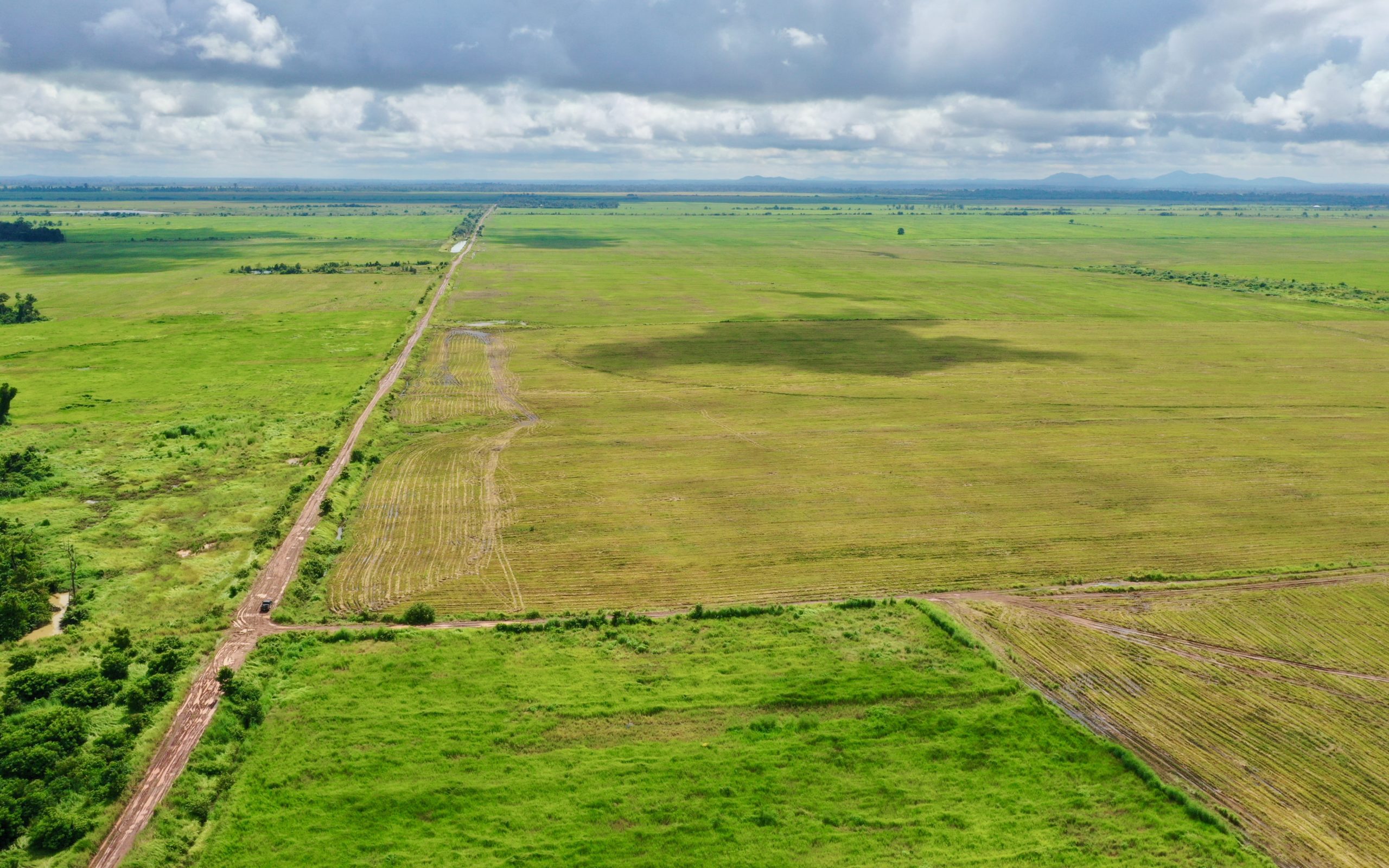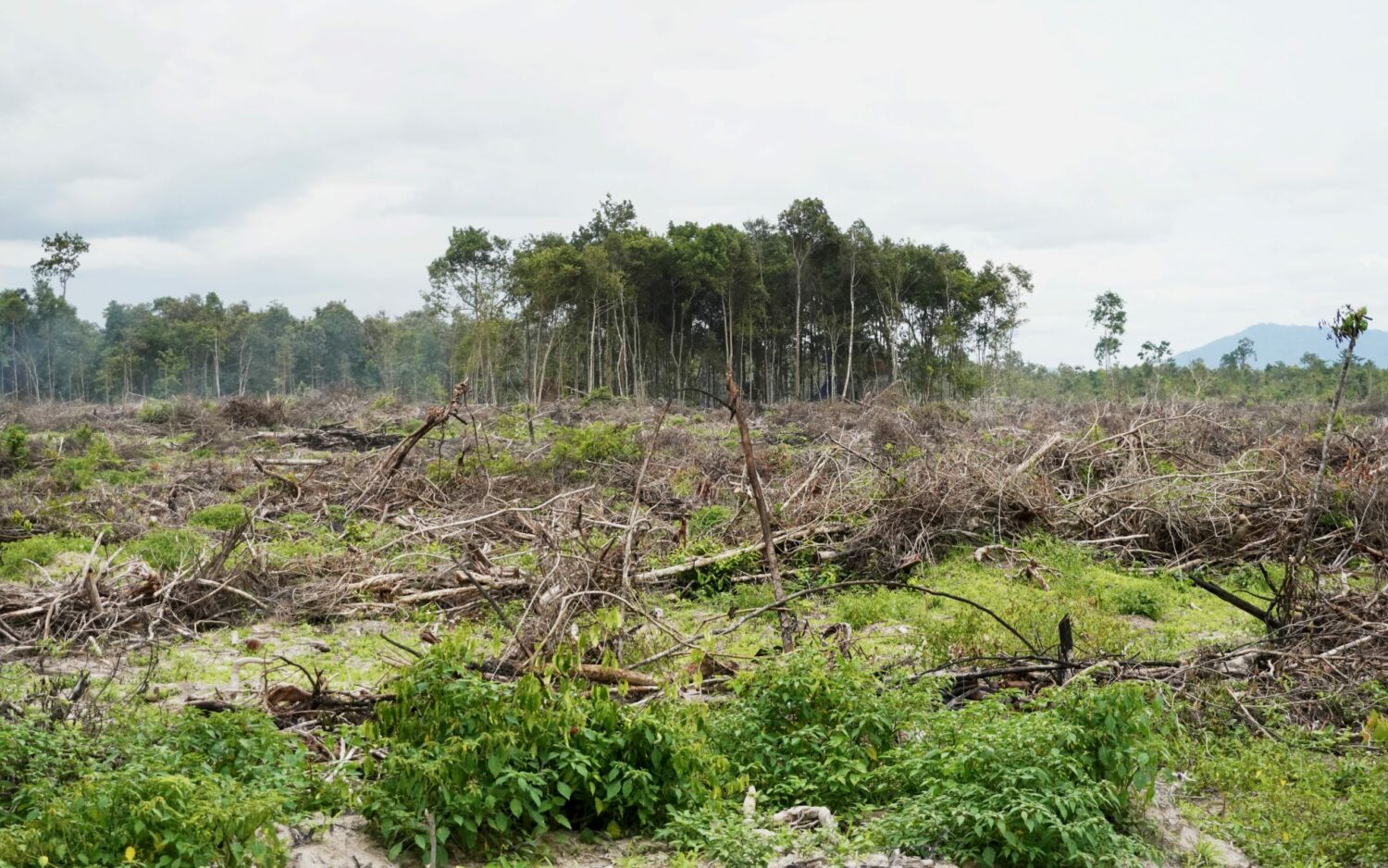A Ream development company is among the latest beneficiaries of land privatizations – and in a rare instance, the state’s deal with the developer was revealed in official documents.
Documents released last week as part of the Royal Book show 94 hectares of state forest were transferred to an oknha in Preah Sihanouk and 69 hectares to Ream City Land & House. Some 16 hectares of Phnom Penh’s Boeng Tamok lake, right near the shacks of protesting residents, were also privatized for two individuals.
The transfers continue a mass privatization drive over the past couple of years that has seen lakes, forests and coast handed to well-connected individuals and businesses.
The Ream transfer, signed by Prime Minister Hun Sen on May 20, shows details of the government’s exchange: Handing out land to get public projects built. Most similar sub-decrees have not contained such information, despite government representatives insisting the vast tracts of land haven’t been given away for nothing.
The deal for Ream City Land entails the construction of a road and an administrative building:
- Ream City Land receives 69 hectares of coastal land to build a tourist marina and housing.
- In return, it will construct a Sihanoukville administrative building that the company has estimated will cost $10 million. It will also build 2.1 km of road in Ream at an unspecified budget.
The $10 million for 69 hectares works out to around $14.5 per square meter. The sub-decree adds that Ream City Land’s development will contain “smart, modern and innovative housing.”
Ream commune chief Kim Chan said local officials were not being informed about the state’s deals with private businesses.
“I don’t know about this, brother. We have not seen that sub-decree yet in the commune. All the sub-decrees that have been issued have never reached the commune, but it may be at the district level,” Chan said.
Local officials try to regulate developments in their areas, but they have little say in what happens, he said.
“When people come to measure land or do something on the land or any activities, we come to stop them,” Chan said. “We come to ask whether there is permission or not. When there is no permission, we ask them to get permission. When they have permission, we pull back and we don’t interfere or disrupt their work.”
“In the commune we need to follow the hierarchy, and if we go too far, we will be blamed for being rude and not knowing how to work,” he added. “The companies never tell the commune that they get this or that land.”
In a separate land transfer in Preah Sihanouk’s Prey Nob district, oknha Rathanak Sambath was given 94 hectares of land previously designated as forest cover in Bit Traing commune. A week before Hun Sen signed the sub-decree on May 20, Sambath donated $20,000 to the Sihanoukville branch of the Cambodian Red Cross, an organization led by Hun Sen’s wife Bun Rany, according to local media outlet KNP’s coverage of the charity donation.
Sambath has also donated riot gear to Preah Sihanouk police, according to Huy Bunleng News.
Bit Traing commune chief Meach Chan said he believed the land previously belonged to a company called Fuhai Development.
The same batch of documents that described the Preah Sihanouk land deals also detailed a government transfer of 15.6 hectares on Boeng Tamok lake in Phnom Penh to individuals named Thai Uy and Tang Kim. The pair could not be immediately identified, but the plot is in front of a row of shacks that has seen recent protests due to the filling in of the lake around them.
The residents have been told to resettle elsewhere as the lake is turned into a large private development. They could not be reached by phone on Wednesday.
A fourth land transfer released last week gave a communal land title for 375 hectares to an indigenous Brau community in Ratanakiri’s Lumphat district.


